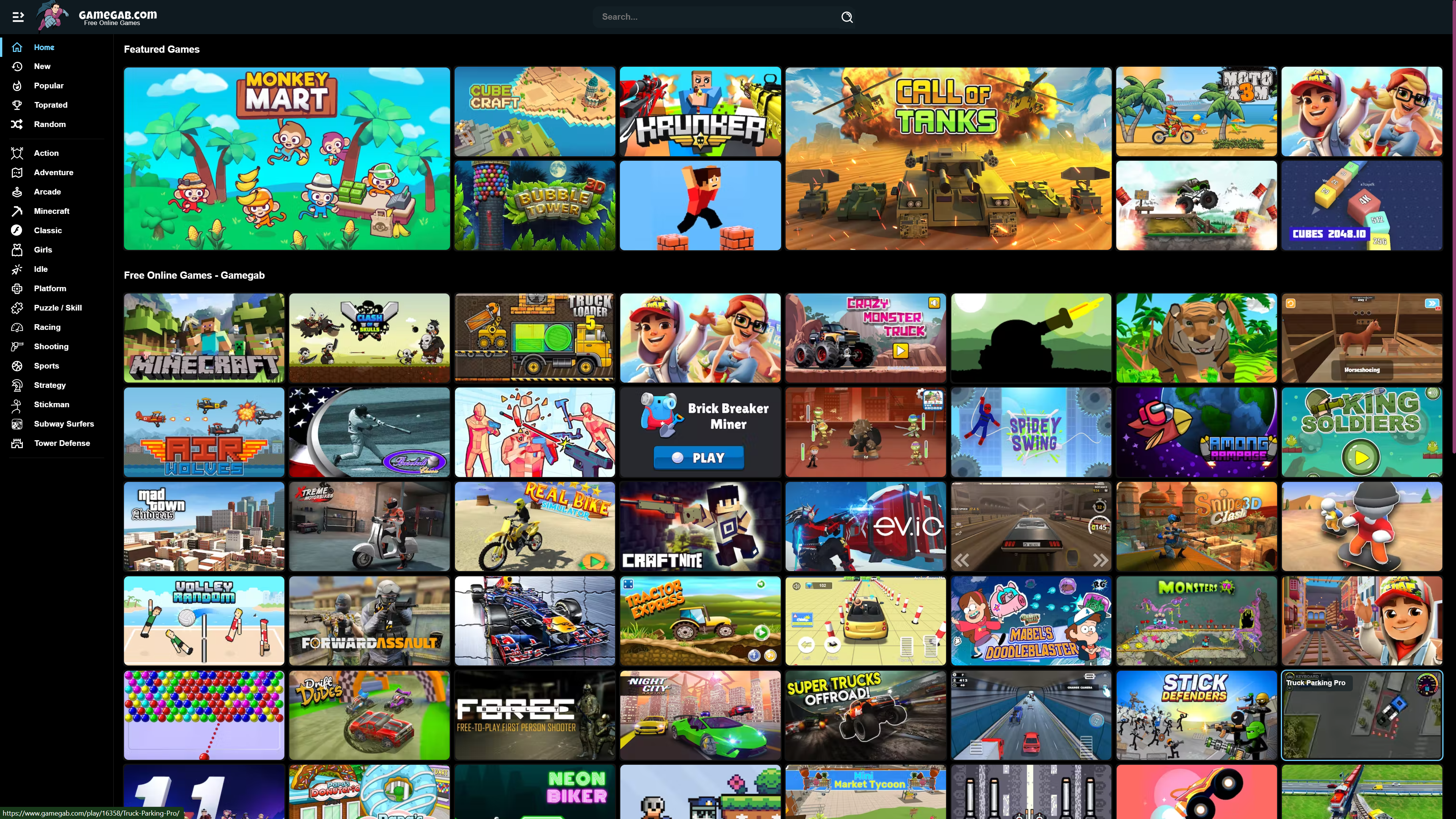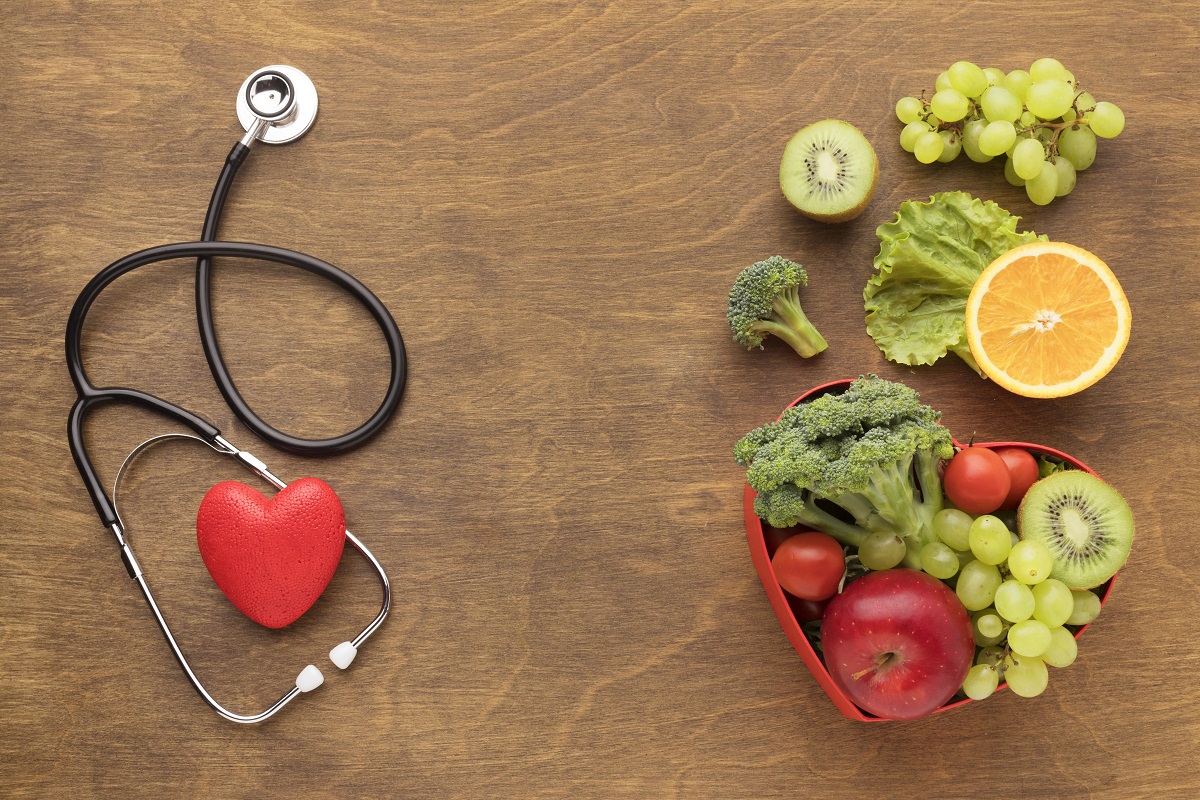Importance of a Healthy Diet for Healthy Lifestyle of Adolescents
Every hospital in Pakistan says that a healthy diet is very important for every human. Every age has a different diet requirement and there are different needs for nutrients and vitamins for the body at different ages. But the adolescent age is the most important age for the human body as it is a development age. This is the age when our body is growing up and building its foundations.
Teenagers experience substantial growth and development in the adolescent age, so maintaining a healthy, balanced diet is very necessary. Young adults who are fit and active often have huge appetites. Eating balanced meals is more important for teenagers than overindulging in unhealthy snacks that are heavy in fat, sugar, or salt.
Compared to younger children, adolescents typically consume more meals away from home. Their classmates have a big impact on them, too. Many teenagers prioritize meal convenience, and they could consume excessive amounts of unhealthy items like soft drinks, fast food, or processed meals.
What is healthy eating?
A healthy lifestyle includes eating well, which is something that should be instilled in children from an early age. Here are some general recommendations for encouraging your adolescent to eat healthily. Before making any nutritional adjustments or putting your adolescent on a diet, it’s crucial to talk with their doctor about their diet.
Let’s discuss what nutrients they need the most and what things they should avoid in order to stay healthy.
Iron
Every hospital in Pakistan suggests that due to the rapid growth and development, teenagers need iron for good health. Teenage girls, who are starting to menstruate, should pay particular attention to this. Animal foods (meat and seafood) and plant sources both contain iron (wholegrain cereals, dark green leafy vegetables, pulses, and dried fruits). Compared to veggies, meat and fish are easier for our bodies to absorb iron.
Although kids can still receive enough iron from foods like fortified breakfast cereals, lentils, and dark green leafy vegetables if your child doesn’t consume meat or fish. When consuming iron-rich vegetable sources, it is necessary to consume some meals or beverages that include vitamin C as these aid in iron absorption.
Calcium
Calcium is necessary for strong bones, teeth, muscles, and nerves. The teenage years are a time of rapid growth and development; hence calcium needs are significant at this time.
Calcium-rich foods include milk, yogurt, cheese, milk pudding, and morning cereals with added nutrients. Fish in cans with bones (salmon, mackerel, pilchards). Bread enriched with calcium and soya.
Vitamin D
Healthy bones, muscles, and teeth depend on adequate vitamin D levels. It facilitates the food’s calcium absorption. Sunlight is the best source of vitamin D. Since the sun’s rays are not powerful enough to produce vitamin D throughout the fall and winter, all adults and children over the age of one should think about taking a daily supplement containing 10mg of vitamin D.
What things should be avoided during adolescent age
Every hospital in Pakistan or the hospitals in Multan, Lahore, or any other city will suggest that some foods are not good for health. Foods that are heavy in fat, especially saturated fat, sugar, or salt, should only be consumed in moderation or infrequently. Eat fast food in moderation. When consumed in significant quantities, these foods can be unhealthy for our health since they may be heavy in saturated fat, salt, and/or sugar.
Energy/Carbonated Drinks
Energy drinks should only be consumed in moderation by adults and older adolescents (those under the age of 16). They frequently have high levels of caffeine and high levels of sugar. High caffeine intake has been linked to anxiety and sleep issues.
Fast food
Fast food is something our young generation is addicted to. They prefer to eat burgers and pizzas instead of healthy homecooked food. But fast food is not good for health at all. It contains a lot of fats and is sometimes unhygienic. Most importantly, fast food makes you gain weight. You’re likely to consume a larger portion of the meal than you would if you were cooking at home if you get a value meal from the drive-thru for dinner.
All those extra calories can result in more weight if it becomes a regular occurrence. And if the majority of those calories come from highly processed carbs, you can experience a short period of hunger followed by even more excess calories.











